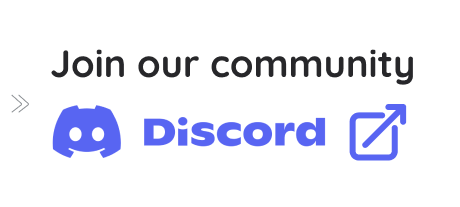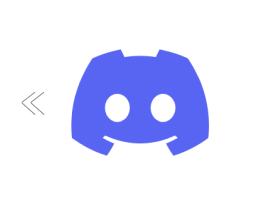The Rise of ChatGPT and GPT-4: Leveraging Generative AI to Ride the Change
As the field of artificial intelligence continues to evolve, one technology that has been making waves in recent years is Generative Pre-trained Transformer (GPT) language models. Developed by OpenAI, GPT models are designed to generate human-like language and are being used in a variety of applications, from chatbots to text completion tools.
With the recent release of GPT-3, which boasts a staggering 175 billion parameters, the potential applications of GPT technology are expanding rapidly. In this article, we will explore the rise of ChatGPT and GPT-4 and how businesses and developers can leverage this technology to ride the change in the AI landscape.
The Rise of ChatGPT
Chatbots have been around for several years, but the use of GPT technology has taken them to the next level. ChatGPT, which is powered by the GPT language model, is a chatbot that is capable of generating human-like responses to natural language queries.
One of the key advantages of ChatGPT is its ability to learn from a large corpus of data, which enables it to generate responses that are contextually relevant and engaging. For businesses, this means that they can use ChatGPT to interact with their customers in a more natural and conversational way, leading to increased engagement and customer satisfaction.
In addition to customer service, ChatGPT is being used in a variety of other applications, from virtual personal assistants to educational tools. With the continued development of GPT technology, we can expect to see even more applications of ChatGPT in the future.
The Emergence of GPT-4
On March 14th, 2023, OpenAI unveiled GPT-4, which is now available exclusively through ChatGPT Plus for a monthly fee of $20. This release marks a significant turning point in the evolution of work, industry, and our understanding of what it means to be human. According to Mira Murati, the Chief Technical Officer at OpenAI, GPT-4 “is our best-ever model on factuality, steerability, and safety.”
ChatGPT-4, comes with improved features such as advanced reasoning, the ability to handle complex instructions, and enhanced creativity. Moreover, it can now handle an impressive amount of text, as stated on the OpenAI website: "GPT-4 can manage more than 25,000 words of text, enabling its use in scenarios like creating long-form content, extended conversations, and document search and analysis."
Limitations of GPT-4
While GPT-4 has some improvements over its predecessor, GPT-3, it still has limitations that OpenAI is actively working to address. As stated by OpenAI, "GPT-4 still has many known limitations that we are working to address, such as social biases, hallucinations, and adversarial prompts." Therefore, it is important to have information literacy skills to use it ethically and effectively, as one needs to discern what is true, what is fabricated, and what falls in between.
Like its predecessors, GPT-4 is limited by its pre-training data, which primarily includes events up to September 2021, with only a small amount of more recent data included in the pre-and post-training data. Nevertheless, GPT-4 represents a significant step forward in AI innovation.
Despite its potential, harmful biases remain a concern with AI. Tshilidzi Marwala and Letlhokwa Mpedi recently highlighted this issue in their discussion on how Large Language Models (LLMs) are transforming the criminal justice system. Marwala, the new Rector of the United Nations University, is a leading voice in the AI and development discourse. They cautioned that "algorithms in their current form lend themselves to the very same biases already perpetuated in the criminal justice system," but they also noted the exciting opportunities that AI presents for the sector.
Leveraging Generative AI to Ride the Change
As AI technology continues to evolve, businesses and developers need to be prepared to adapt to the changing landscape. One way to do this is by leveraging generative AI technology like GPT to create innovative applications and services.
Thomas Kurian, CEO of Google Cloud stated:
“We’re now at a pivotal moment in our AI journey. Breakthroughs in generative AI are fundamentally changing how people interact with technology.”
For businesses, ChatGPT offers a powerful tool for customer engagement and support. By integrating ChatGPT into their websites and apps, businesses can provide a more personalized and engaging experience for their customers, leading to increased loyalty and satisfaction.
For developers, the emergence of GPT-4 represents a new frontier in natural language processing. By mastering the use of GPT technology, developers can create new applications and services that leverage the power of generative AI.
This is why Worldwide AI Hackathon has come into place. Understanding the absolute disruption AI has been bringing about, we have gathered talented teams of students, software engineers, data scientists, AI enthusiasts, and AI startups from all around the world to join hands and solve the challenges with the help of AI.
Register to join Worldwide AI Hackathon today to be a part of the innovation!










